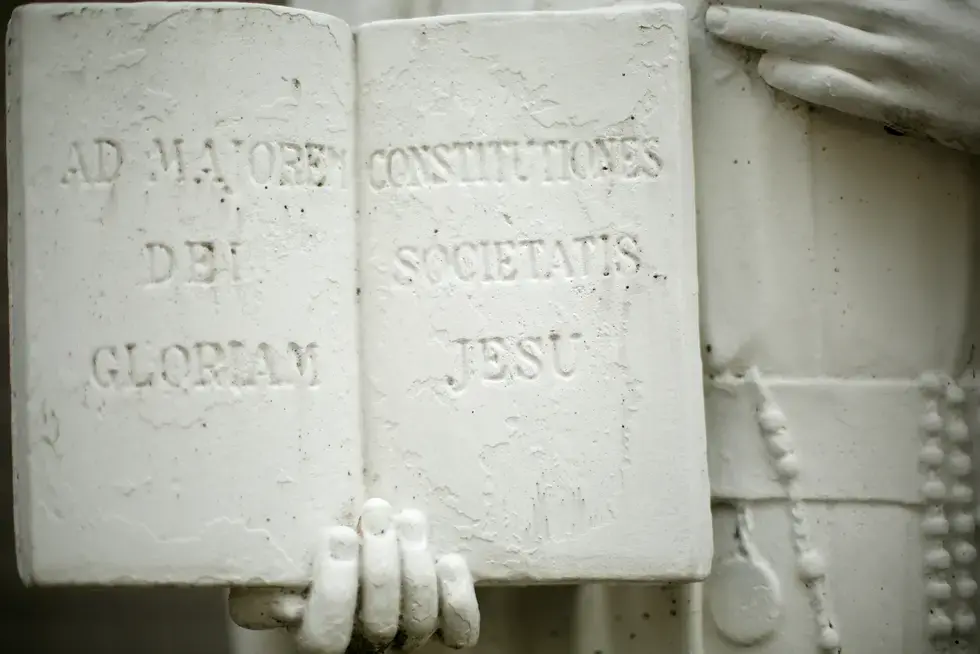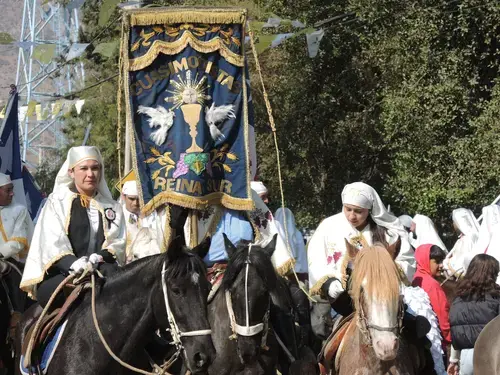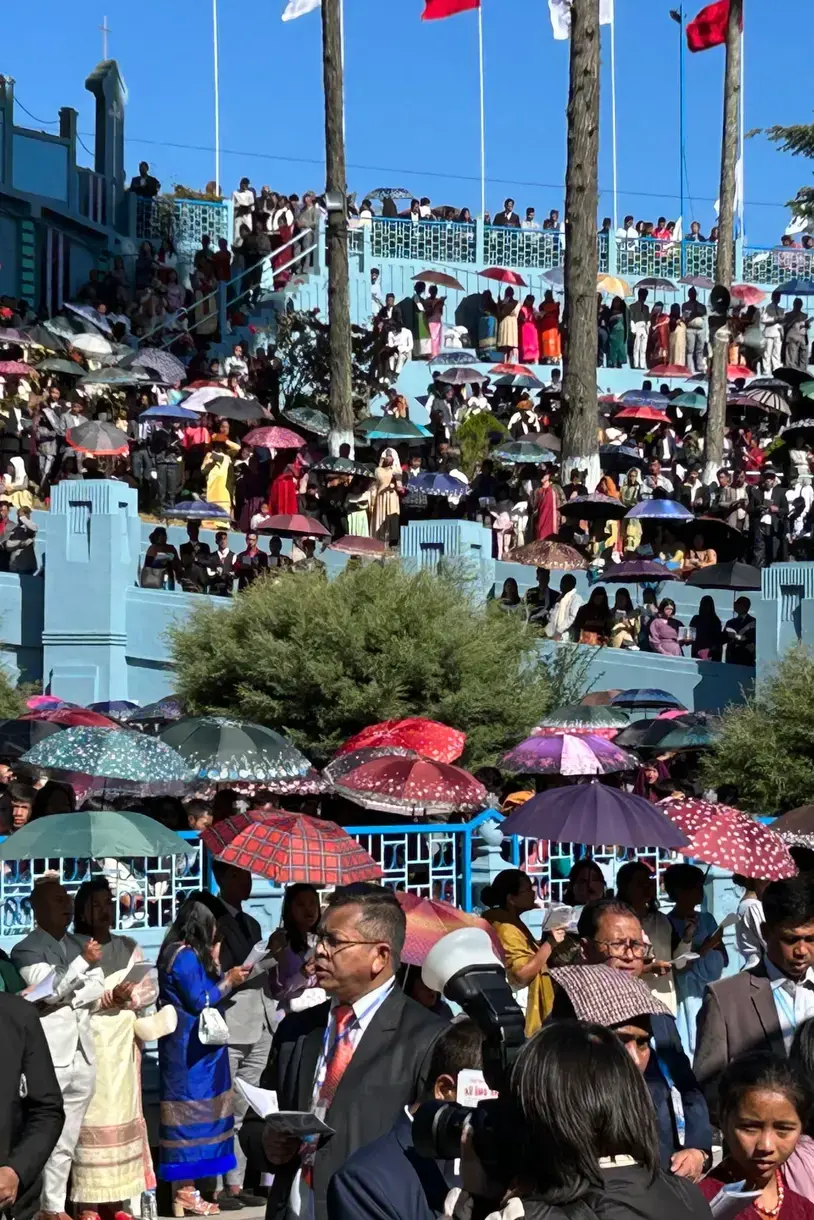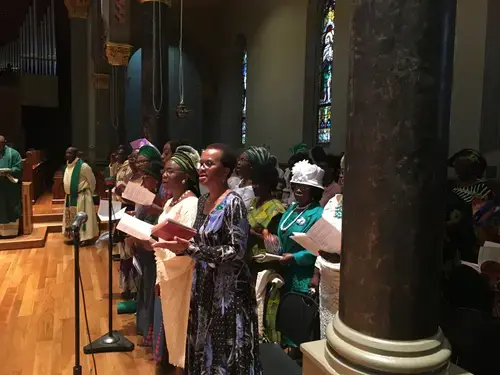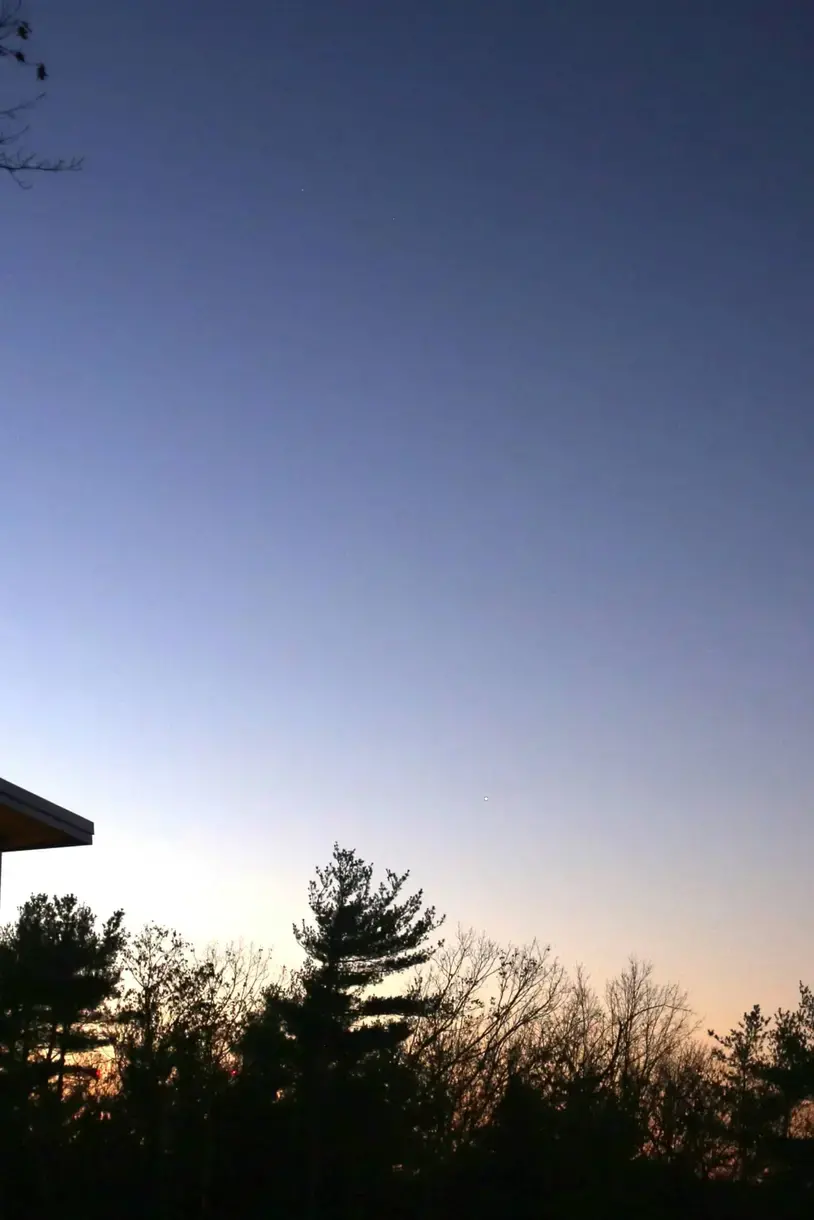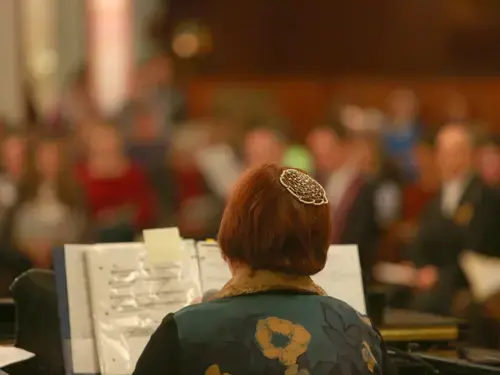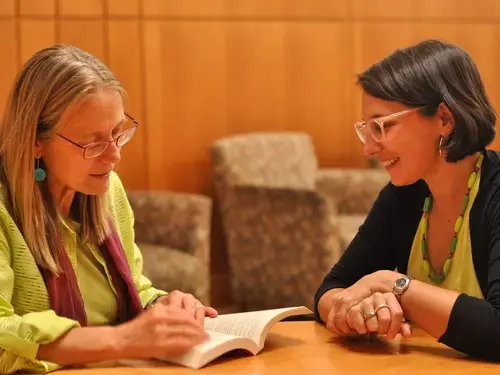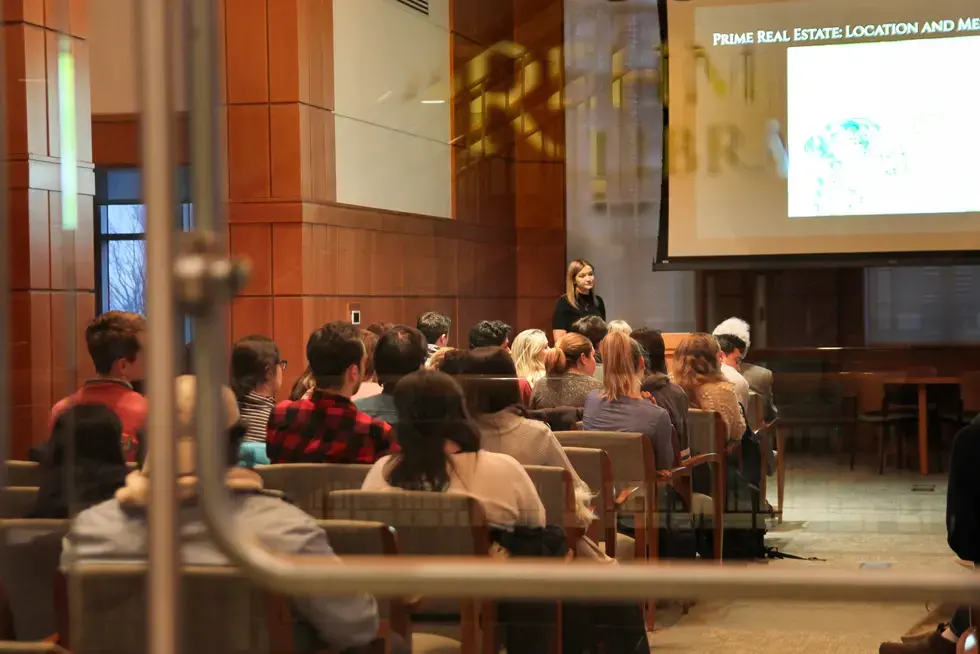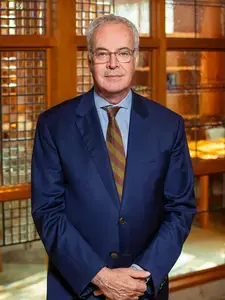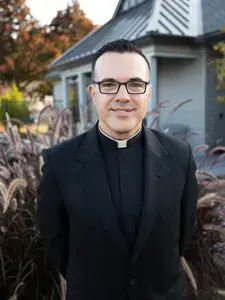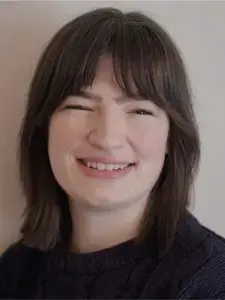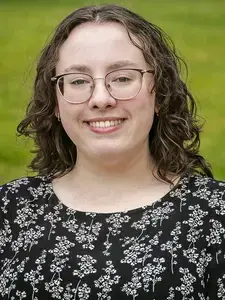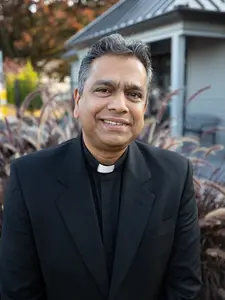Mission Statement
The Rev. Michael C. McFarland, S.J. Center for Religion, Ethics and Culture at Holy Cross derives its mission from the College’s conviction, that "the search for meaning and value is at the heart of the intellectual life." The McFarland Center ensures that exploration of the complex interrelationships among religion, ethics and culture plays a vital role in the life of the Holy Cross community. It provides a forum for intellectual exchange and multidisciplinary inquiry that respects people of all faiths, cultures and nationalities while working to enhance awareness of injustice and the conditions that foster human wellbeing.
